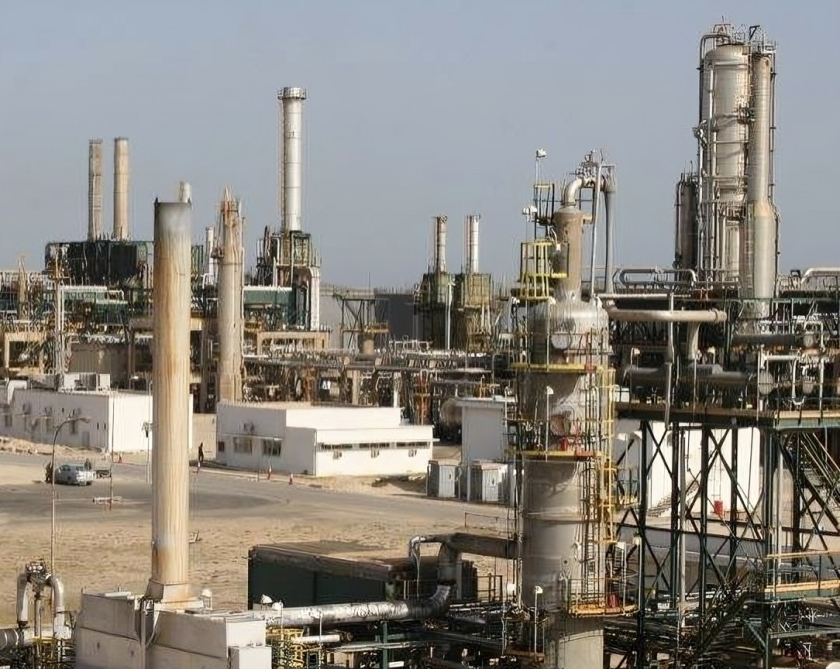KEY POINTS
- NOC and AGOCO are collaborating to utilize associated gas from Messla and Sarir fields, aiming to reduce emissions and boost energy efficiency.
- The initiative is part of a broader strategy to modernize Libya’s oil and gas infrastructure while adding economic value through gas capture.
- Officials say gas monetization could stabilize domestic power supply and attract new international investment into the sector.
The National Oil Corporation, NOC, of Libya, through its General Gas Department, held a strategic meeting with the Arabian Gulf Oil Company (AGOCO) to accelerate development initiatives at the Messla and Sarir oil fields.
The two state-owned energy entities are focusing on optimizing the use of associated gas—an often underutilized byproduct of oil extraction—amid growing demand for reliable and cleaner domestic energy.
The meeting underscored the urgent need to expand Libya’s gas transmission network and align energy development with both environmental sustainability and economic growth. According to a statement shared via NOC’s official communication channels, the collaboration is intended to advance infrastructure while significantly curbing flaring, a common but harmful practice that releases greenhouse gases into the atmosphere.
“Joint coordination is crucial to ensuring optimal utilization of gas resources,” the statement read. “Associated gas represents both an environmental liability and an economic opportunity. With the right infrastructure, it can fuel domestic industries, power communities, and reduce our emissions footprint.”
From waste to wealth — Libya pivots toward energy sustainability through gas capture
Associated gas, which is released alongside crude oil during production, has historically been flared or vented due to insufficient processing infrastructure. However, with energy security becoming a national imperative and global pressure mounting to reduce emissions, Libya’s pivot toward gas capture signals a maturing strategy in its oil and gas policy.
Industry analysts note that this initiative, if implemented efficiently, could not only stabilize the national grid but also open new avenues for investment in petrochemical processing, LNG (liquefied natural gas), and fertilizer manufacturing. Libya’s proximity to European markets also presents export potential, especially as EU states seek to diversify energy sources away from Russian gas.
Earlier this year, the NOC confirmed that 96% of work had been completed on the J22 gas utilization project, a flagship program focused on extracting and reprocessing gas from the Sarir and Messla fields. This progress, officials say, is a model for replication across other oil-producing regions.
In addition to environmental benefits, the use of associated gas is viewed as an effective method to boost national revenue without the need to increase crude production. Libya’s Central Bank recently voiced support for expanding daily oil output, with a strong emphasis on value-added energy activities like gas monetization.
Beyond economic metrics, this collaboration also serves geopolitical aims. In a region marked by shifting alliances and contested energy corridors, Libya’s renewed commitment to resource efficiency may strengthen its negotiating power with foreign partners and multinational investors. The NOC has already reported interest from over 37 international firms looking to participate in its upcoming bid round.
The NOC’s coordination with AGOCO also reflects a broader institutional push to restore trust and capability across Libya’s oil and gas sector—one of the most vital yet volatile pillars of the national economy. As the country continues to rebuild after years of conflict and division, energy reform remains central to long-term stability and development.



